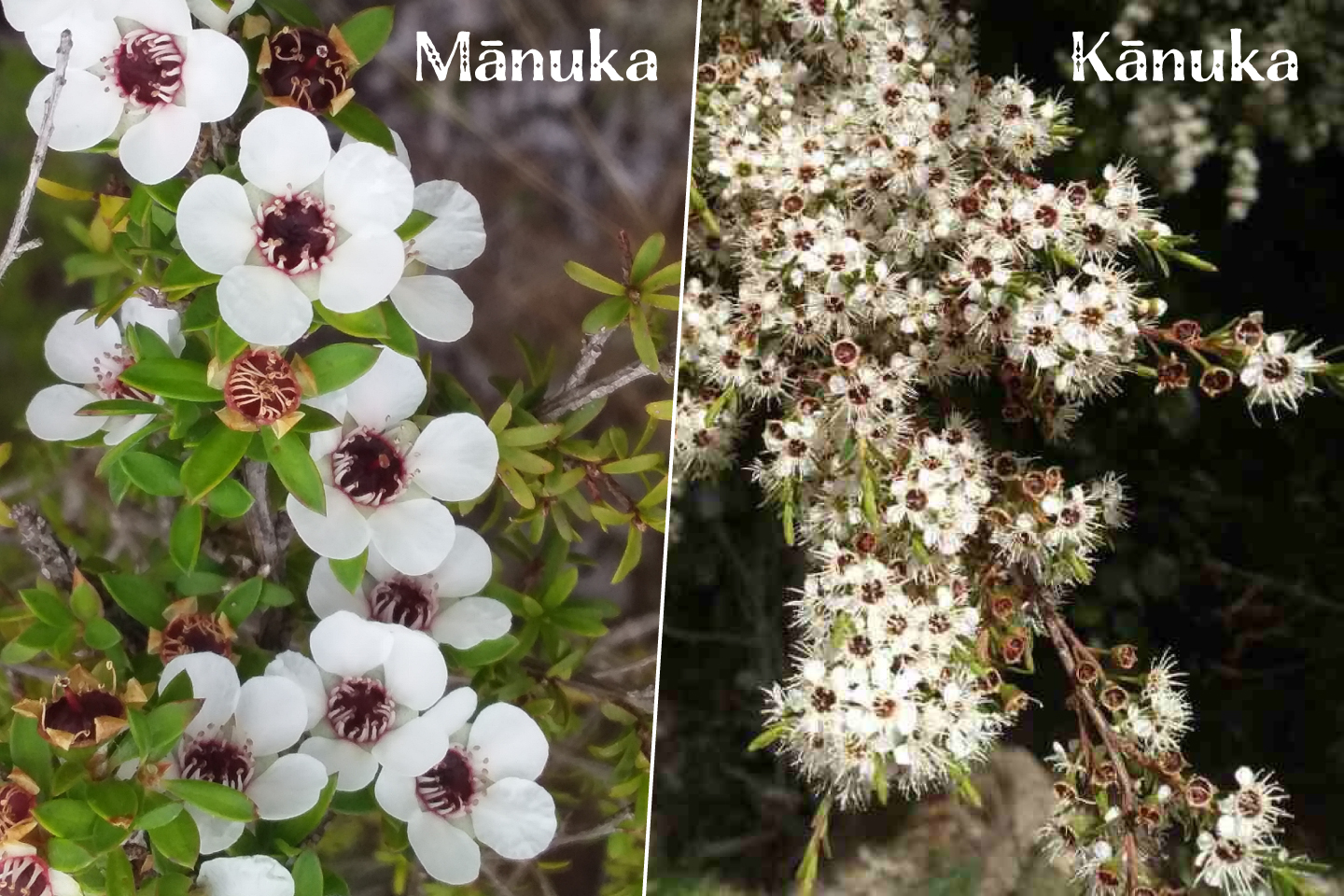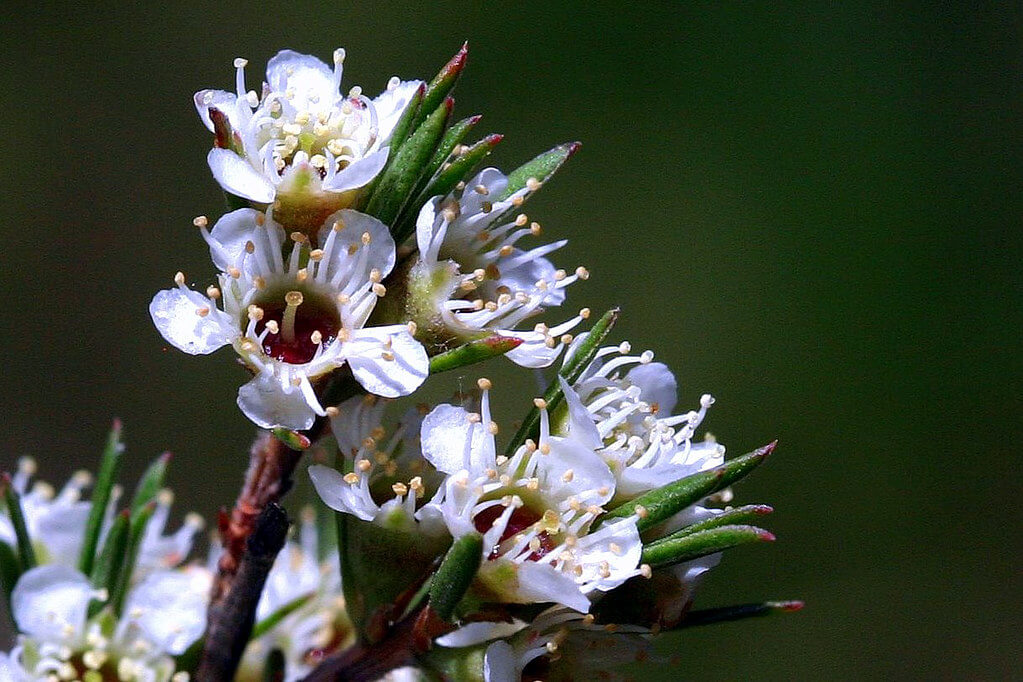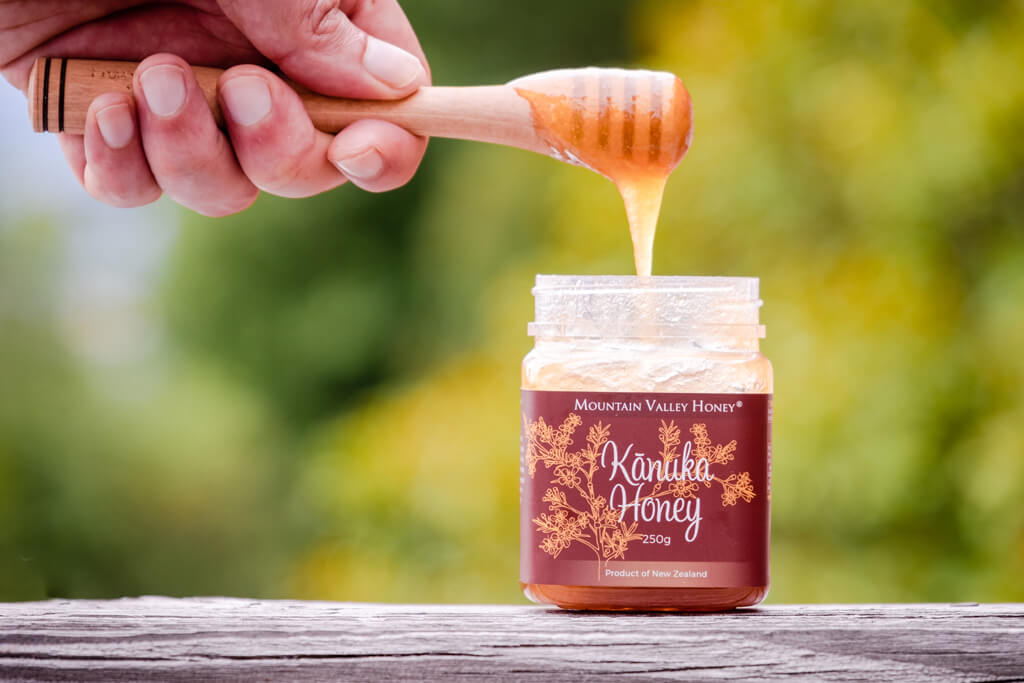
What is Raw Honey and How to Tell Raw Honey Apart from Other Honey
Loaded with enzymes, vitamins and antioxidants, raw honey has many beneficial health properties. But what is raw honey and how does it differ from other honeys?Raw honey is not pasteurized. We tend to think of pasteurization as a process that protects food from going off. However, although this works for milk, this is not the case with honey. Raw honey is naturally antibacterial and stays perfectly safe to eat, even after thousands of years. So why do we pasteurize honey at all? The reason has to do with supermarket shelf-life.Honey is pasteurized to kill off any yeast that might cause fermentation. Pasteurization also slows down the granulation process, so the honey stays runny for longer. Unfortunately, pasteurization involves heating the honey, sometimes up to 70° ce










